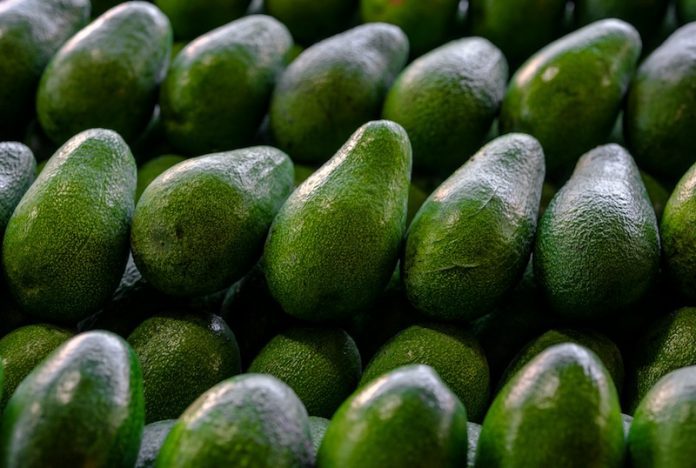
Avocado has gained widespread popularity in recent years for its delicious taste and numerous health benefits.
For people with diabetes, incorporating avocado into their diet can offer various advantages, from helping manage blood sugar levels to promoting heart health.
This review delves into the benefits of avocado for diabetes management, outlines daily limits, and provides tips on choosing the best avocados.
Avocado is a unique fruit known for its creamy texture and high content of healthy fats. These fats, predominantly monounsaturated fats, are beneficial for heart health as they can help lower LDL cholesterol levels and reduce the risk of cardiovascular disease.
For individuals with diabetes, who are at a higher risk of heart complications, including avocado in their diet can be particularly beneficial.
One of the main concerns for people with diabetes is managing blood sugar levels. Despite being relatively high in calories and fat, avocados have a low glycemic index (GI), which means they have a minimal impact on blood sugar levels when consumed in moderation.
Additionally, the fiber content in avocados—both soluble and insoluble—helps slow down digestion and absorption, preventing rapid spikes in blood sugar after meals.
Furthermore, avocados are rich in nutrients like potassium, which plays a crucial role in regulating blood pressure—a common concern for individuals with diabetes.
Adequate potassium intake has been associated with a reduced risk of stroke and heart disease, making avocados a valuable addition to a heart-healthy diabetes diet.
While avocados offer numerous benefits, it’s essential to consume them in moderation, especially for those watching their calorie intake.
The recommended serving size for avocado is typically around one-third to one-half of a medium-sized avocado, which provides approximately 80-120 calories. Including avocado as part of a balanced meal or snack can help control portion sizes and prevent excessive calorie intake.
Choosing ripe avocados is key to enjoying their flavor and texture fully. Look for avocados that yield slightly to gentle pressure when squeezed, indicating ripeness.
Avoid avocados with overly soft spots or dark discoloration, as these may be signs of spoilage. Ripening can be accelerated by storing avocados in a paper bag at room temperature, or slowed down by refrigerating them once ripe.
Incorporating avocado into meals and snacks is easy and versatile. Spread mashed avocado on whole-grain toast for a nutritious breakfast, add slices to salads or sandwiches for extra creaminess and flavor, or blend into smoothies for a satisfying treat.
The possibilities are endless, allowing individuals with diabetes to enjoy the health benefits of avocado in various ways.
In conclusion, avocado can be a valuable addition to a diabetes-friendly diet, offering benefits for blood sugar management, heart health, and overall well-being.
By consuming avocado in moderation and selecting ripe fruits, individuals with diabetes can reap the nutritional rewards without compromising their health goals.
As always, it’s essential to consult with healthcare professionals or dietitians for personalized dietary recommendations tailored to individual health needs and preferences.
Follow us on Twitter for more articles about this topic.
Copyright © 2024 Scientific Diet. All rights reserved.








